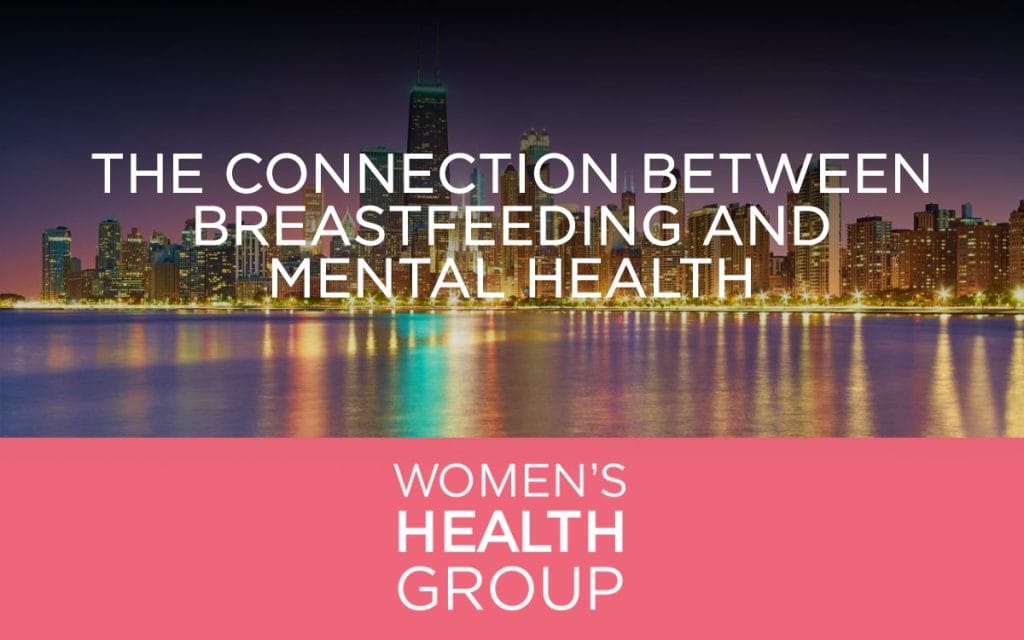The Intricate Connection Between Breastfeeding and Mental Health
As denizens of a fast-paced, modern world, we often overlook the profound wonders of nature that manifest in our everyday lives. One such marvel, as elucidated by our esteemed Women’s Health Group of Chicago, Illinois, is the intimate relationship between breastfeeding and mental health. A growing body of scientific research suggests that the act of breastfeeding offers an array of mental health benefits – for both mother and child.
Decoding the Breastfeeding Benefits
Mental health is an indispensable constituent of well-being. Understandably, any practice, such as breastfeeding, which has the potential to influence it positively, merits careful examination.
Maternal Mental Health
One of the salient breastfeeding benefits surfaces in the context of maternal mental health. Breastfeeding expedites the release of oxytocin and prolactin – hormones associated with stress response and relaxation. Consequently, these hormones facilitate a robust bonding between mother and child, building on the emotional wellness of the mother.
Breastfeeding also contributes to a reduced risk of postpartum depression, a critical mental health condition that impacts numerous women post-childbirth. According to Women’s Health, “studies show that breastfeeding and depression are inversely related”.
Mental Health Benefits for the Child
The advantages of breastfeeding aren’t exclusively maternal. Researchers suggest that the act bolsters the neurological development of the child, leading to enhanced cognitive abilities later in life. Prolonged breastfeeding also paves the way for better stress response systems in the child.
Breastfeeding As a Protective Shield
Breastfeeding serves as a protective barrier against several mental health issues. It significantly reduces the prevalence of anxiety and depression among mothers. Babies, too, show a lower likelihood of developing behavioral problems and mental health disorders if they were breastfed as infants. Considerably, these breastfeeding benefits extend well into later stages of life. A reason these benefits occur is partly due to the hormones released when breastfeeding.
Hormonal Interplay during Breastfeeding
The journey of breastfeeding is, in part, governed by hormones. As a mother breastfeeds her child, her body experiences a surge in the levels of oxytocin and prolactin. While oxytocin affects maternal behavior and stress responses, prolactin regulates mood. The release of these hormones fosters a soothing effect relieving tension, thus facilitating a sense of tranquility. As Mayo Clinic approximates – “contemplate the harmony when your body releases milk in response to your baby’s suction”.
Bridging the Gap With Empirical Evidence
There’s a growing body of scientific research elucidating the breastfeeding benefits concerning mental health. For instance, a study found that mothers who breastfed their babies had substantially lower stress levels compared to their counterparts who did not. Another research indicated prolonged breastfeeding was associated with a decreased risk of chronic stress and postpartum depression among mothers.
Nurturing the Future With Breastfeeding
Given the outlined breastfeeding benefits, it’s evident that this natural act contributes significantly to mental health. By adopting and promoting breastfeeding, we aren’t just fostering healthier and happier mothers and children, but also nurturing the mental health of forthcoming generations. Nevertheless, it’s essential to acknowledge that breastfeeding is a personal choice and depends on various factors unique to each mother. Those who choose not to or are unable to breastfeed can still cultivate strong, bonding relationships with their children and manage their mental health effectively through other means.
Embracing the Power of Nature
Breastfeeding, an unassuming act of nature, wields tremendous power when it comes to mental health. As we delve deeper into understanding its manifold benefits, let’s embrace and appreciate this inherent art for the emotional well-being it can bring to a mother and her child – a testament to the elegant designs of nature. Simultaneously, it’s integral to remember that should a mother need immediate professional help with her mental health, she should seek out a qualified healthcare professional at the earliest.




